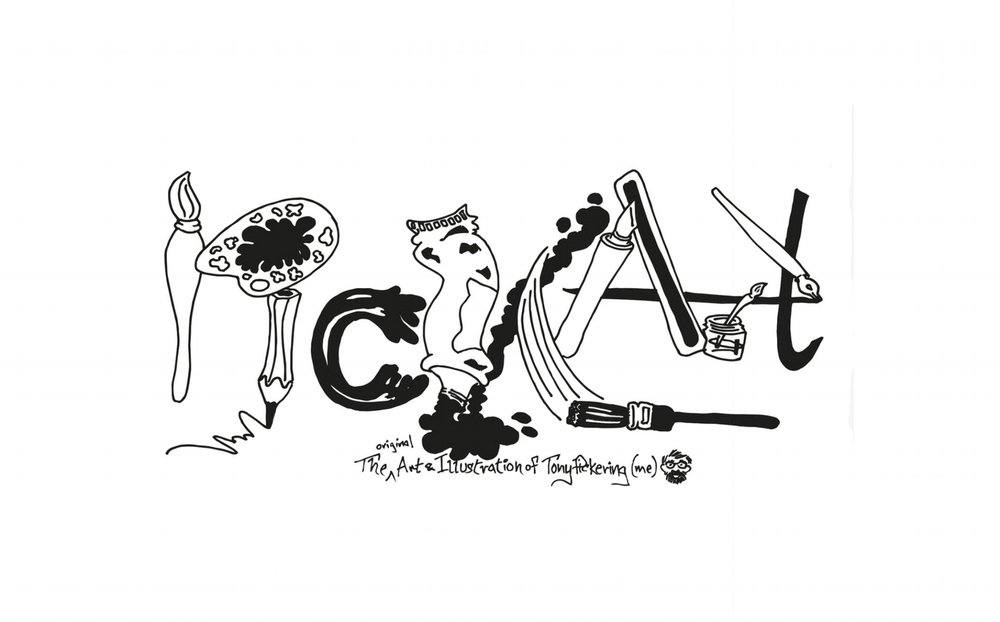"We force ourselves to feel the dread of children confused by what they see. We listen to a silent cry."
These word from Obama, spoken in Hiroshima, have stuck with me - an image startlingly evocative that gathers together feelings into forms. There is a cynicism that dances around me when I place the words into context - an American President standing over the graves of the horror of nuclear weapons. But there is always, and always context. There is the historical and the political that layer meanings - almost with the slap-dash of another layer of paint.
Hiroshima aftermath
I recognise the world. For a moment though I want to zoom in. To take stock of the pause that the words bring.
I recognise the power of words - an emotional intersection I wish to grasp. From the mouths of babes and speech writers...
Searching for meaning
The images - "the dread of confused children" and "we listen to a silent cry" form pictures - crystallising feelings as I sketch, words rising out of the lines to try and comprehend.
They come baring paradox... As a child - as an adult I find myself dumbfounded - outside of the joke, the hidden meaning - the comparison between nuclear devastation and childish incoherence for a second - a nano second, makes sense. And really in the context of Armageddon how else can you respond? The "dread" is all too short.
I am on Munch's bridge - witnessing the silent scream; a psychological release, a moment from Brecht where the force of internal pain is contrasted with a physical futility that says all there is to say about the frustration and powerlessness of humanity in the face of the machinery, the industry of war. But this is a cry - an act more plaintive - that echoes with anguish.
...
So whilst Brecht, Marx and all interpreters of the passage of human progress would demand me to contextualise the irony of the speech, I find myself - self-indulgently perhaps - drawn to the poetry. Maybe because as an individual I cannot comprehend how 'sorry' can begin to walk back history - can undo the complexity of all the layers of history - of blame and counter-blame? Against this vision of death and destruction can 'sorry' help us to understand? Do the words of later generations take back what is done? Would we want them to?
The horror and threat of the nuclear footprint I have lived with since childhood; and over time the point is that there is no point. Commemorations, reparations, resignations... The need to interpret - to touch our powerlessness, to delve into futility is the only way I can fathom. So if the images speak to me - I think I'll listen.



